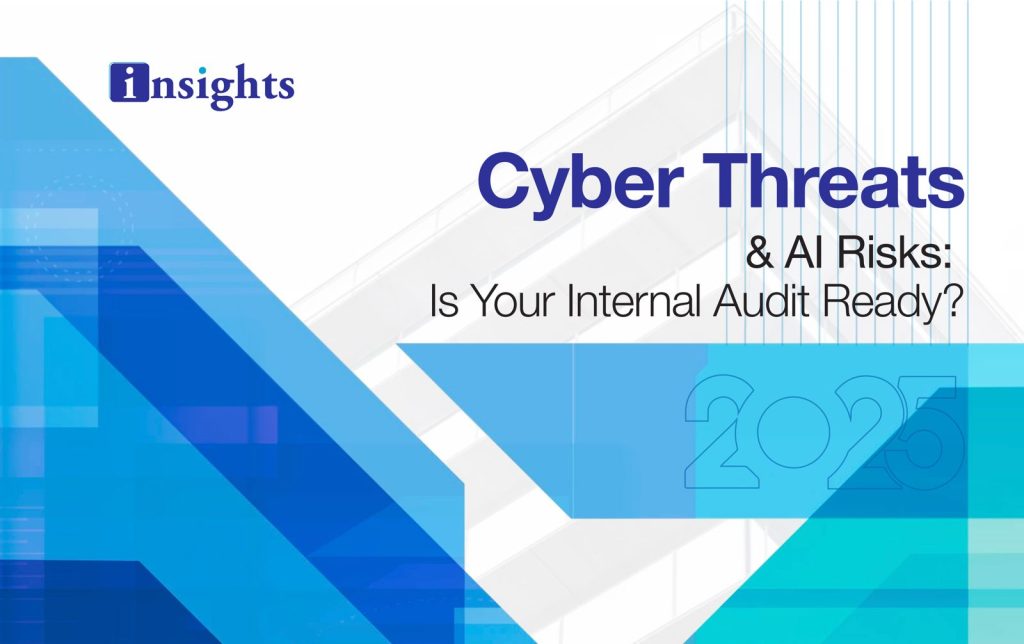The 2024 Global Internal Audit Standards elevate cybersecurity to a core audit priority. Internal auditors are now expected to assess the adequacy of cyber governance (aligned with Domain V: Performing Internal Audit Services – Principles 13 & 14), test the effectiveness of controls, and evaluate incident preparedness, ensuring these efforts align with enterprise risk objectives and national cybersecurity frameworks.
In today’s environment, cyber threats are dynamic and deeply intertwined with strategy, compliance, and reputation. For organizations advancing under Saudi Arabia’s Vision 2030, the internal audit function plays a pivotal role in reinforcing digital trust, mitigating cyber risk, and ensuring resilience across critical systems as follows:
1. Cybersecurity as a strategic risk
2. Alignment with Vision 2030
3. Role of internal audit in digital trust
Three Key Focus Areas
1. Risk-Aligned Focus: Auditors must treat cybersecurity as a strategic enterprise risk ensuring governance and controls support evolving threat landscapes.
2. Skill-Backed Integrity: Cyber audits require current risk knowledge and unbiased execution, free from prior involvement or conflicts.
3. Resilience & Trust: Evaluate breach readiness while ensuring data confidentiality and compliance throughout engagements.

